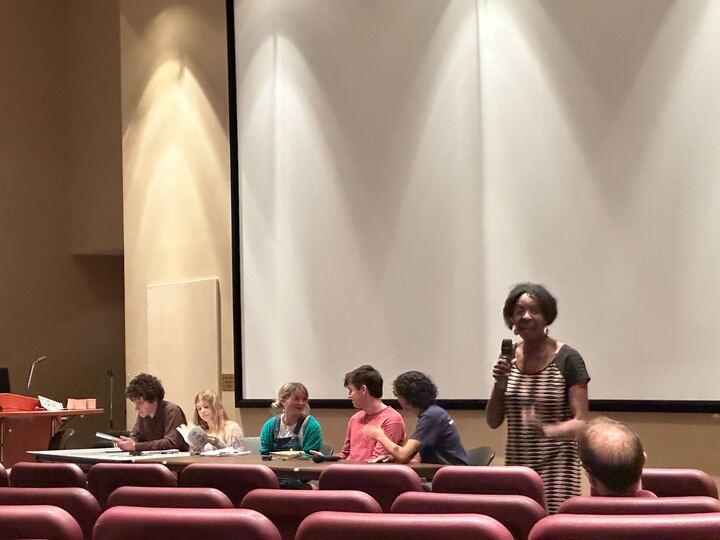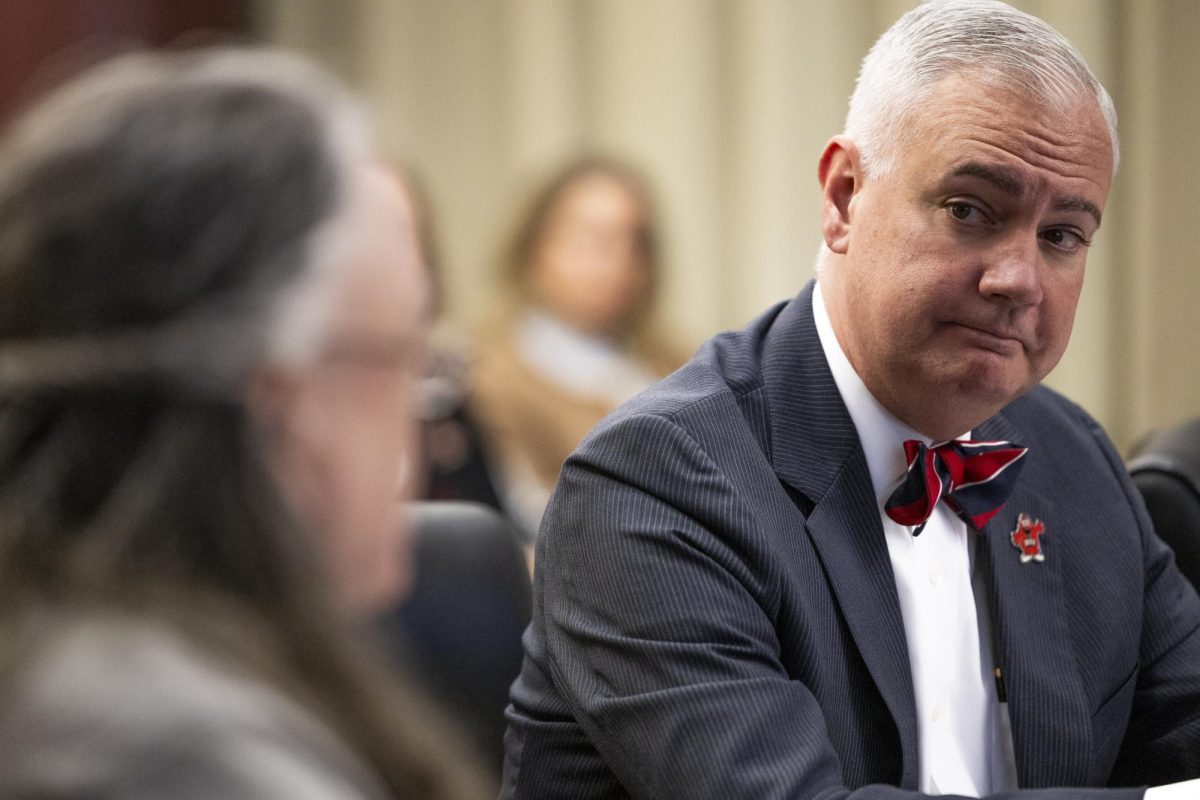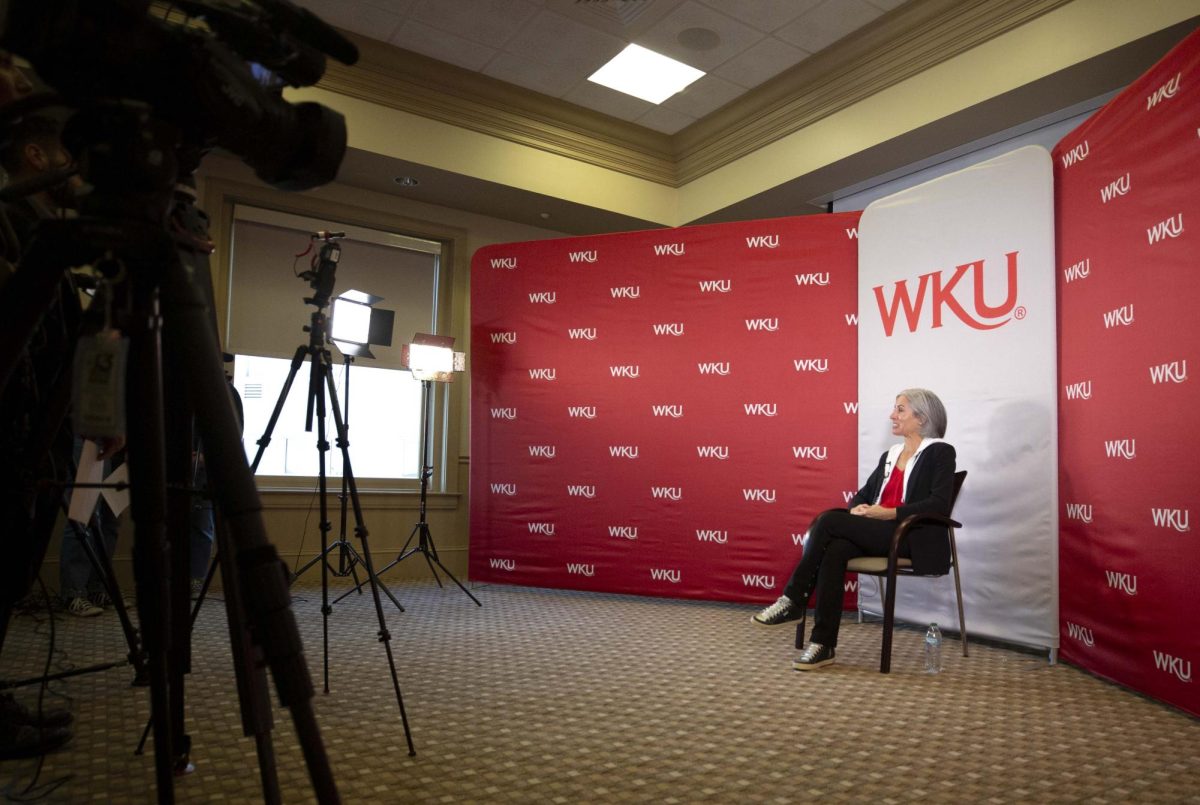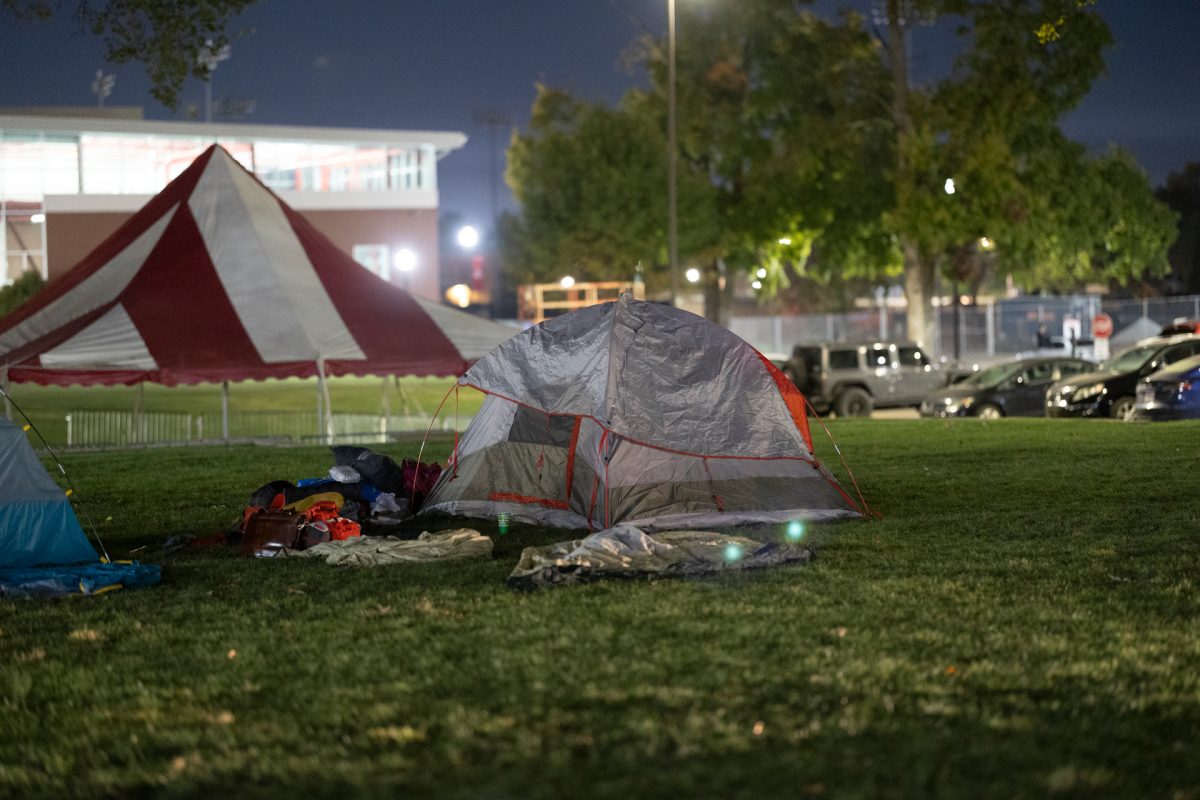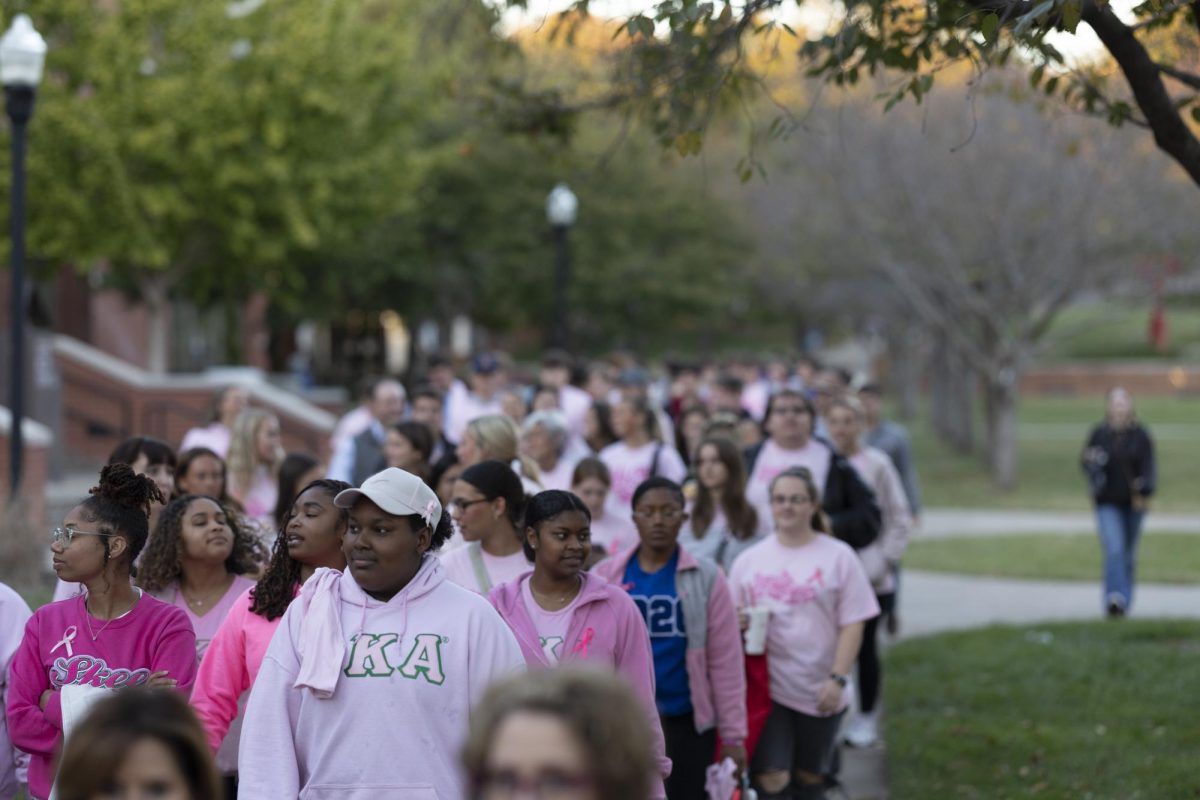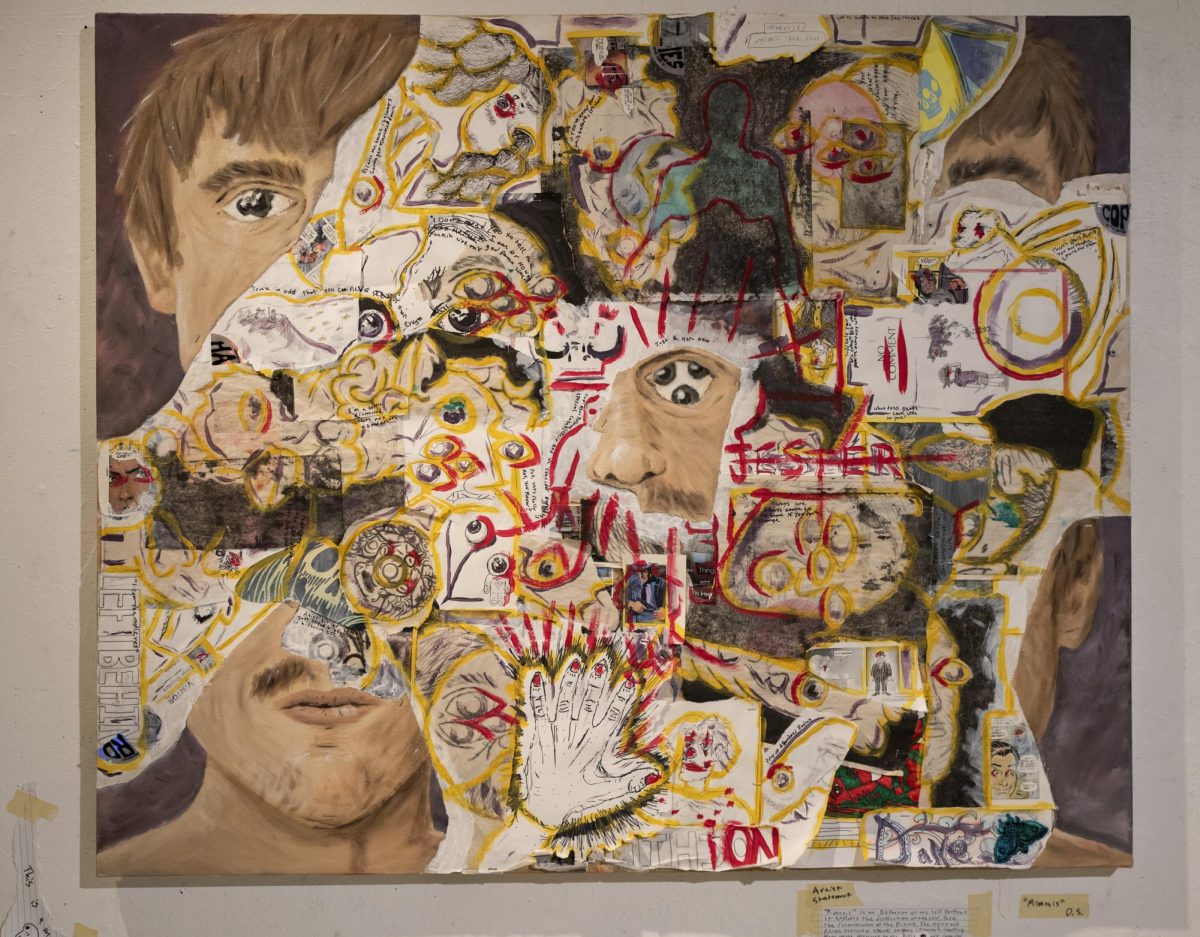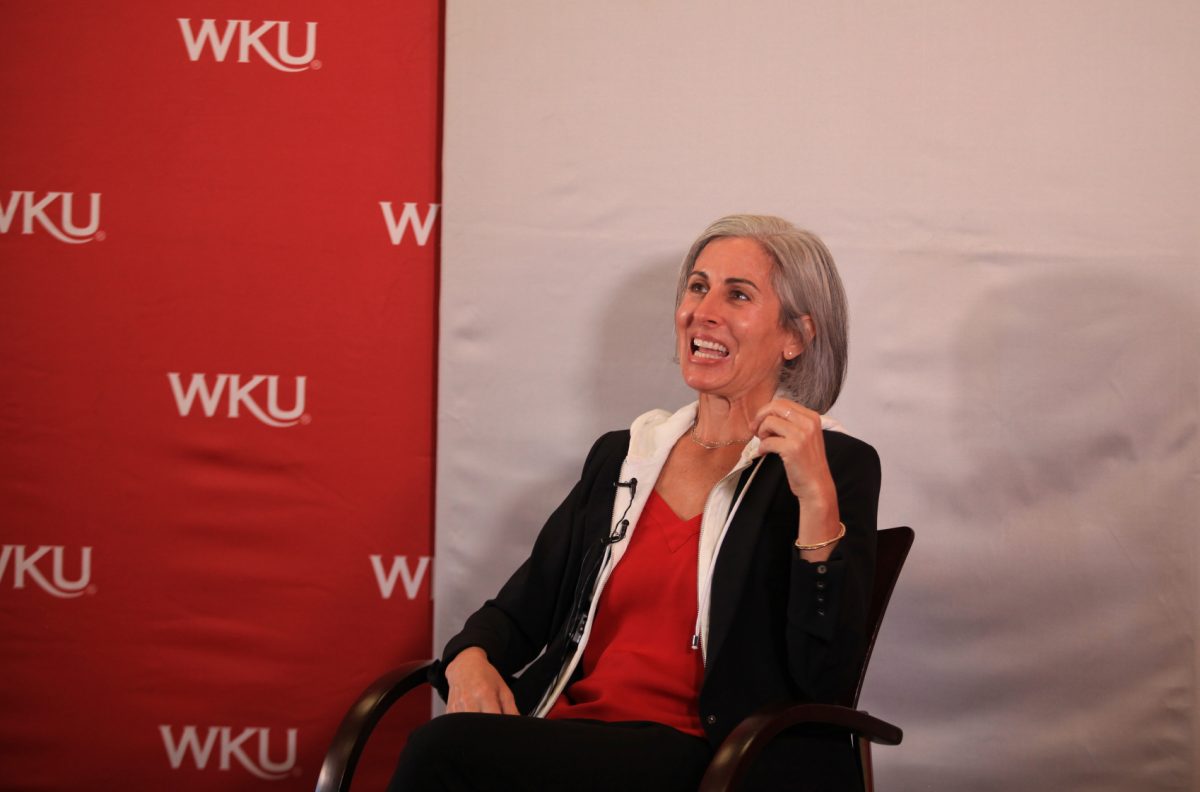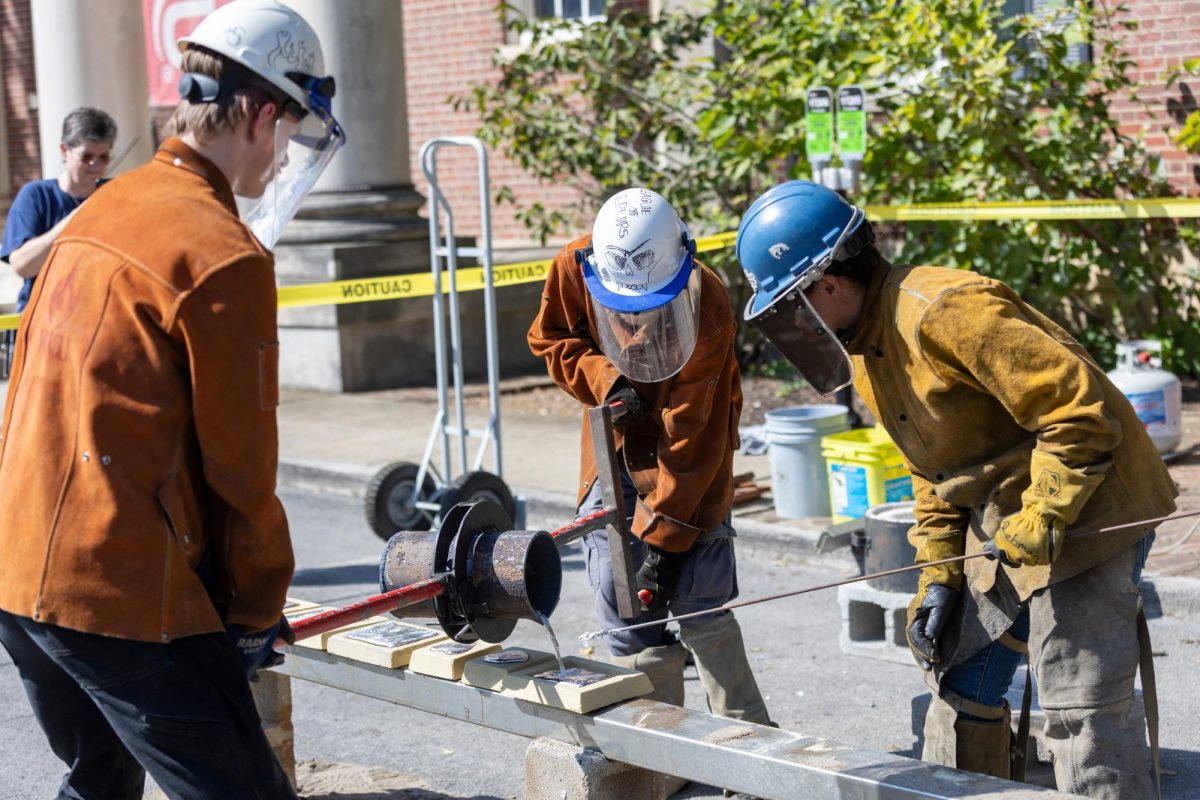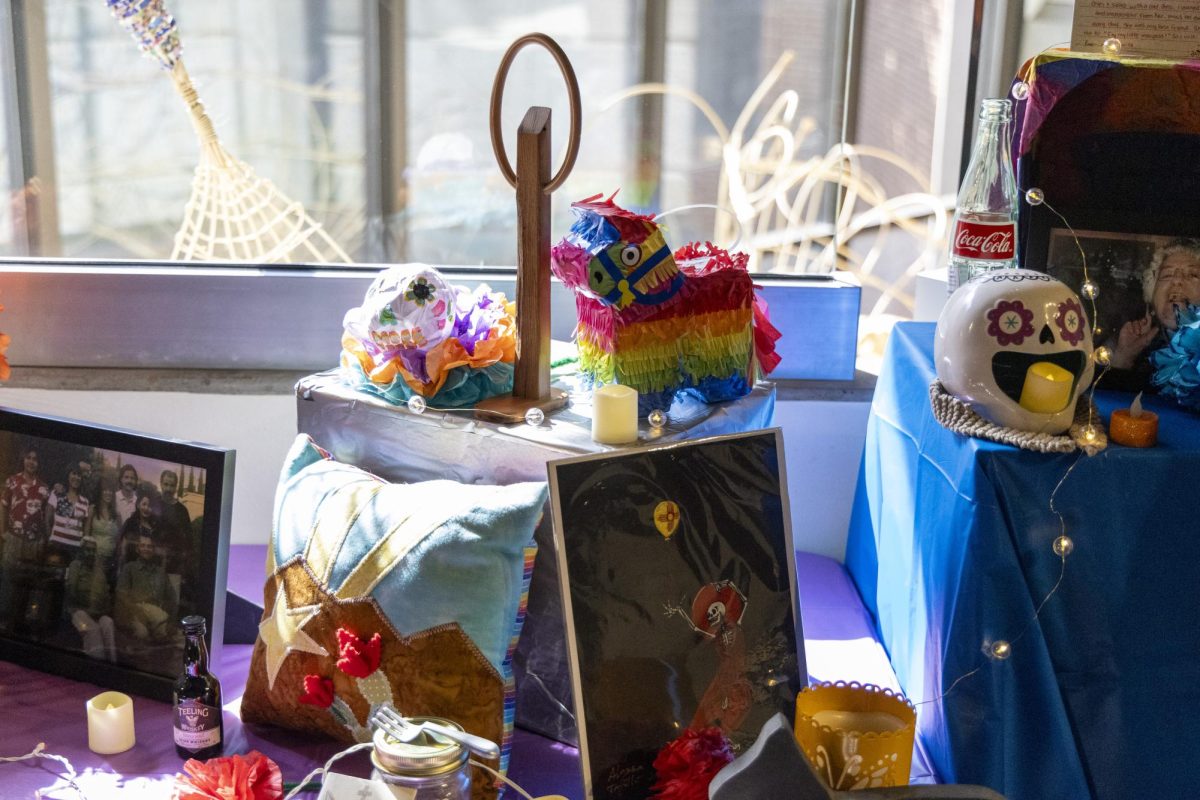As Bowling Green and the WKU community become more diverse, the topics of religion, science and sustainability come to the forefront of many conversations.
The WKU Department of History hosted its 7th inter-faith dialogue “Earth Care” analyzing the shared characteristics between these topics on Thursday, Nov. 16 in the Jody Richards Hall auditorium.
Isabel Mukonyora, religion professor, organized and moderated the dialogue.
The event began with a showing of “Dirt! The Movie,” a documentary released in 2009 about the relationship humans have with the soil beneath them.
After an intermission for refreshments, a series of roundtables led by community members, students, and faculty were presented.
The first panel included City Environmental Manager Matt Powell, Hindu spokesperson Ram Pasupuleti, Michael Sellas of the Holy Apostolic Orthodox Church, Imam Sedin Agicand, and Megan Huston of First Christian Church.
Currently living on a farm and practicing regenerative agriculture, Sellas discussed how sustainability and climate responsibility is something all people can be united on.
“It is an ecological crisis that we’re all facing together, and that we’ve all caused together,” Sellas said. “I’m grateful we are all having the conversation about what we can do to fix this. As long as we have breath in our lungs, I believe we can find a solution.”
Minister of First Christian Church, Houston emphasized how the Christian faith encourages believers to care for the earth, especially for the reason that climate change disportionately impacts lower income people.
“It is a responsibility for a person of faith to care for the earth,” Houston said. “There’s no question that Jesus tells us that we are to care for the poor among us.”
The Arabic word for “Adam” means soil, and the word Hawa given to the biblical and quranic figure “Eve” means air, Agicand, Imam at the Islamic Center of Bowling Green, said.
“If we use these two things rightly as God is asking us to, I think we will not see the mess we see in these days,” Agicand said. “As long as we follow the balance that came from God, then everything will be in order.”
The second roundtable on religion and environment was led by students from the Mahurin Honors College, English Department and Student Government Association President Sam Kurtz.
Students in Mukonyora’s religions and environment class presented an analysis of the ways that religion and environment interact and how the understanding of religious texts and how beliefs have impacted the way humans have perceived and used the earth.
Katie Lindsey, an English literature major, described the influence patriarchy has on Christianity and the environment.
“I was raised in an old-time Southern Baptist church, so I saw the ways that patriarchy infiltrated the religion I grew up with,” Lindsey said.
Patriarchal understanding of biblical texts, such as of the book of Genesis, have developed gendered understandings of both God and earth, Lindsey said.
“Both the earth and God are gendered entities,” Lindsey said. “We see the earth as feminine, and God is seen as a man. Because of this, and patriarchal Christianity, there is essentially a hierarchical relationship, leaving a disconnect between the earth and Christianity. This is ultimately dangerous for the earth. We need to see God as one with creation, instead of their being such as disconnect with the creator and creation.”
For the final roundtable, faculty members Stephen McCarty, Michael Smith and Bella Mukonyora discussed their views on sustainability.
At the conclusion of the discussion, Mukonyora shared her personal connection to the topic and concluded the dialogue.
“Growing up in Africa as a little girl, I saw a lot of Christianity being abused,” Mukonyora said. “It’s the questions about religion that drive me to address the public issues that need to be addressed.”
News Reporter Madison Carter can be reached at [email protected]

